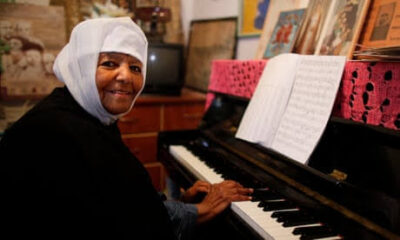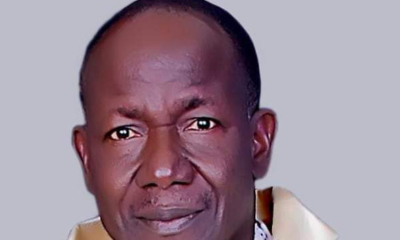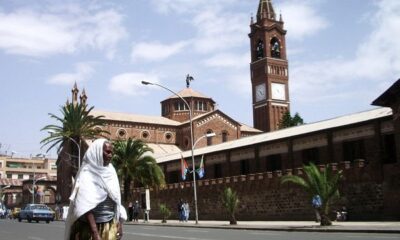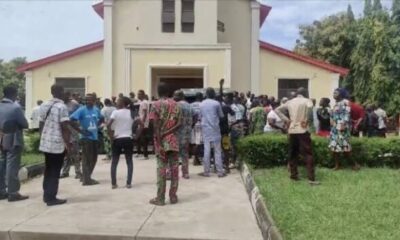A new grand jury report says that internal documents from six Catholic dioceses in Pennsylvania show that more than 300 “predator priests” have been credibly accused of sexually abusing more than 1,000 child victims.
“We believe that the real number of children whose records were lost or who were afraid ever to come forward is in the thousands,” the grand jury report says.
“Priests were raping little boys and girls, and the men of God who were responsible for them not only did nothing; they hid it all. For decades. Monsignors, auxiliary bishops, bishops, archbishops, cardinals have mostly been protected; many, including some named in this report, have been promoted.”
The lengthy report, released Tuesday afternoon, investigates clergy sexual abuse daying back to 1947 in six dioceses: Allentown, Erie, Greensburg, Harrisburg, Pittsburgh and Scranton.
Pennsylvania’s two other dioceses, Philadelphia and Altoona-Johnstown, have been the subjects of earlier grand jury reports, which found similarly damaging information about clergy and bishops in those dioceses.
Read Also: Swedish 17th century funeral regalia stolen
“There have been other reports about child sex abuse within the Catholic Church. But never on this scale,” the grand jurors wrote in Tuesday’s report.
“For many of us, those earlier stories happened someplace else, someplace away. Now we know the truth: it happened everywhere.”
The grand jurors said that “almost every instance of abuse we found is too old to be prosecuted.” But charges have been filed against two priests, one in Erie diocese and another in Greensburg diocese, who have been accused of abusing minors.
“We learned of these abusers directly from their dioceses — which we hope is a sign that the church is finally changing its ways,” the grand jurors said. “And there may be more indictments in the future; investigation continues.”
At a news conference announcing the report’s release, Pennsylvania Attorney General Josh Shapiro called it the “largest, most comprehensive report into child sexual abuse within the Catholic Church ever produced in the United States.”

 Metro2 days ago
Metro2 days ago
 Sports2 days ago
Sports2 days ago
 Culture2 days ago
Culture2 days ago
 VenturesNow2 days ago
VenturesNow2 days ago





























